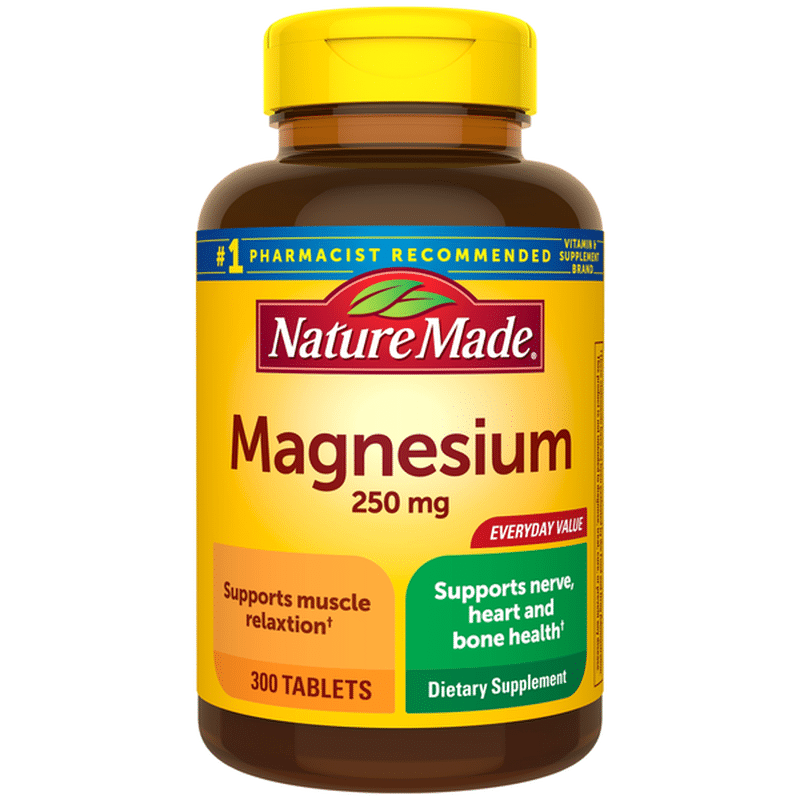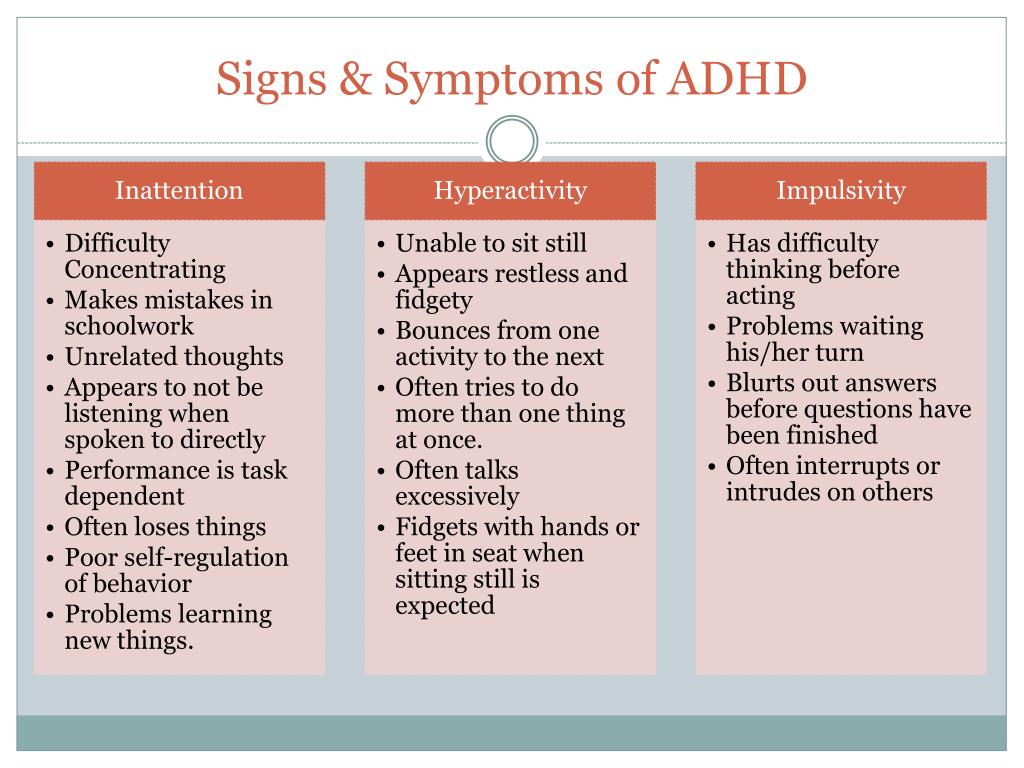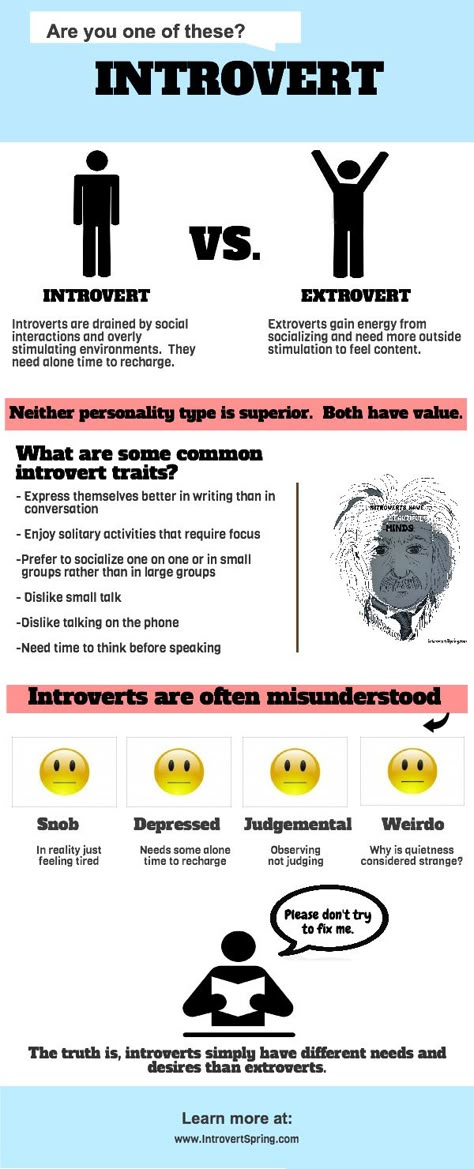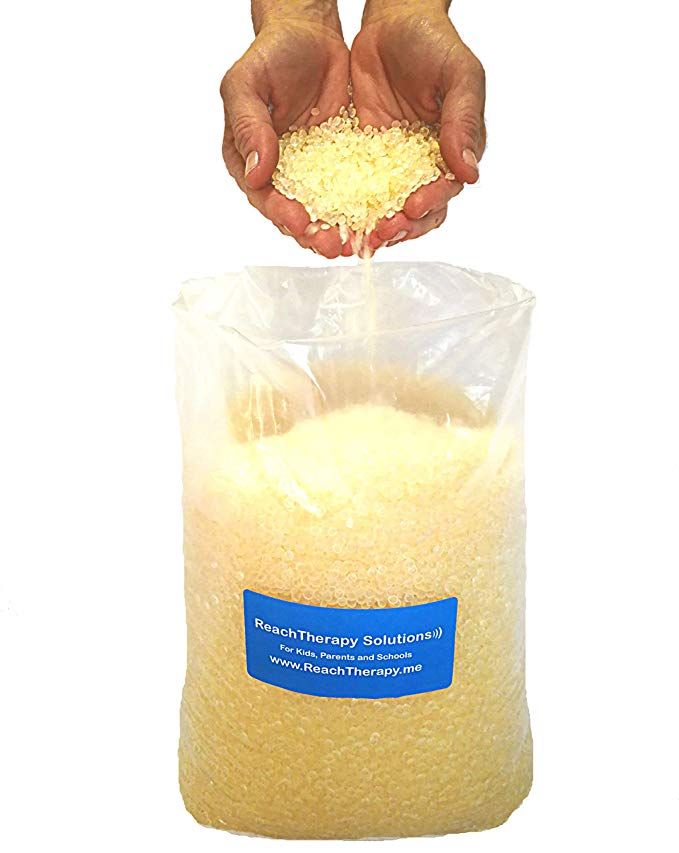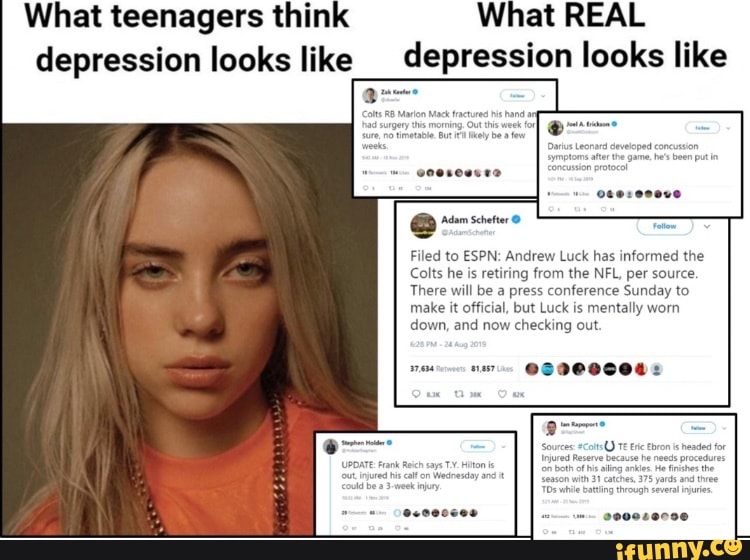Magnesium and fish oil for anxiety
5 nutrients that could lift your mood
There are three main ways by which food can impact your mood:
- Delicious food can make you instantly happier. But that’s often temporary.
- Eating healthy can support a fit and healthy body. Having a healthy body is better for your mood than having an unhealthy body.
- Certain nutrients in healthy foods can impact your mood for the better.
In this article, we take a look at five of those nutrients: magnesium, zinc, vitamin D, omega-3 fatty acids, and tryptophan.
Magnesium plays many roles in your body, so the potential mechanisms through which it may affect your mood are numerous. We’ll mention two:
Like zinc and vitamin D, magnesium may affect your mood hormonally.
Low magnesium is associated with low testosterone,[1][2] and low testosterone is associated with low mood in men,[3][4][5][6] of course, but also in women. [7]
Magnesium may also affect your brain directly. Preliminary evidence suggests that magnesium modulates the activity of NMDA receptors (a type of glutamate receptors found on neurons),[8] which would explain why low levels of this mineral can result in abnormal neuronal excitations leading to anxiety.[9][10]
Observational studies show that people with anxiety disorders tend to have lower levels of magnesium,[11][12] and a systematic review of 18 interventions suggests that supplementation may help people who are susceptible to anxiety.[13] The reviewers deplore, however, the poor quality of the existing evidence, and in a more recent triple-blind randomized control trial (RCT), supplemental magnesium failed to alleviate postpartum anxiety and depression.[14]
A 2018 systematic review and meta-analysis concluded that there was little evidence for the involvement of magnesium in depression; it stressed that magnesium supplementation was associated with a decline in symptoms in uncontrolled studies, but not in placebo-controlled studies.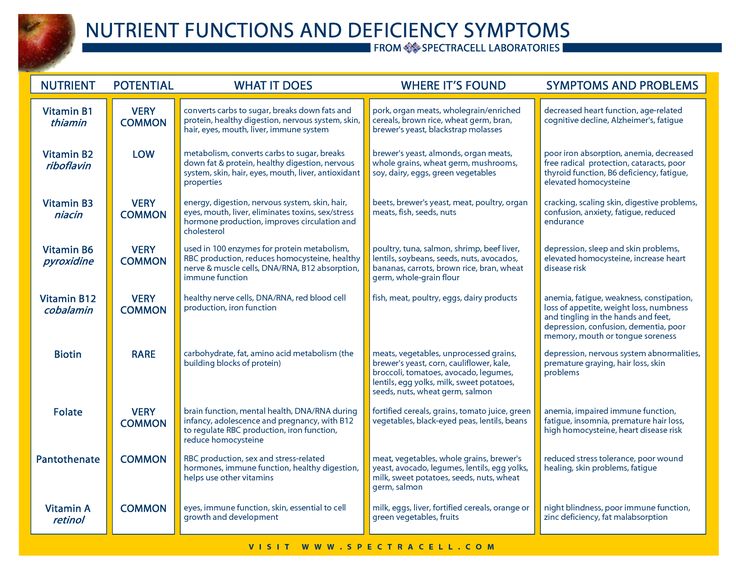 [15]
[15]
Magnesium deficiency isn’t unknown in the United States,[16] especially in the elderly.[17] Also, since, like zinc, magnesium is lost through sweat,[18][19][20] athletes should take special care of their magnesium intake. Athletes participating in sports requiring weight control seem especially vulnerable to an inadequate magnesium status.[16]
Fortunately, with just a little care, you can easily reach your Recommended Daily Intake (RDA): magnesium-rich foods are numerous and can fit all kinds of diets. And whereas high doses of supplemental magnesium can cause diarrhea and other gastrointestinal issues, “magnesium, when ingested as a naturally occurring substance in foods, has not been demonstrated to exert any adverse effects”.[21]
If you still feel the need to supplement, at least avoid magnesium oxide: it has poor bioavailability (rats absorbed only 15% in one study,
[22] humans only 4% in another[23]) and is more likely to cause intestinal discomfort and diarrhea.
Mixed evidence from observational studies associates low magnesium levels with anxiety but not with depression. Correspondingly, mixed evidence from interventional studies suggests that magnesium supplementation is more likely to help with anxiety than with depression. On a practical level, if you eat enough magnesium-rich foods to satisfy your RDA, as you should, supplementing with magnesium is probably not going to benefit your mood.
A cross-sectional study of data gathered from 14,834 Americans (7,435 women and 7,399 men) between 2009 and 2014 found an association between depression and zinc deficiency.[24] Likewise, a cross-sectional study of data gathered from 2,019 pregnant Canadian women between 2002 and 2005 reported that being in the highest quintile for zinc intake appeared to buffer the impact of stress and thus the development of depressive symptoms.[25]
Cross-sectional studies are snapshots in time, though: they might show correlation, but they cannot establish causation.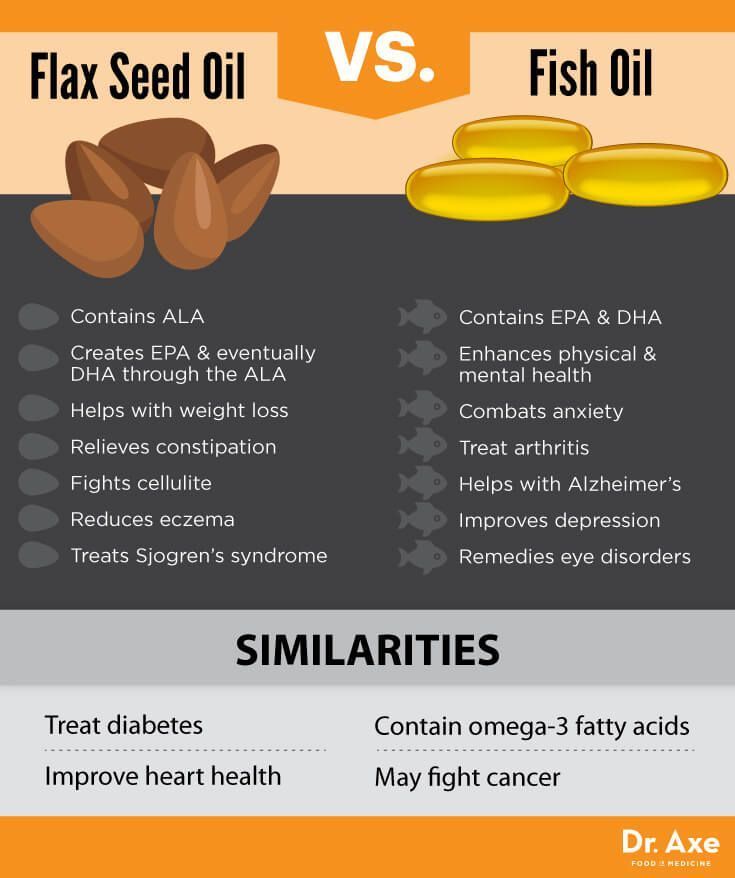 Zinc deficiency was associated with depression, but did it cause the depression? Or did depression cause the zinc deficiency? Or could it be that depression and zinc deficiency were both caused by some other, undetermined factor?
Zinc deficiency was associated with depression, but did it cause the depression? Or did depression cause the zinc deficiency? Or could it be that depression and zinc deficiency were both caused by some other, undetermined factor?
Those are questions cross-sectional studies cannot answer. Fortunately, some randomized trials, which follow people over time, suggest that supplemental zinc makes antidepressant therapies more effective.[26][27][28]
Here again, we don’t yet know all the mechanisms at play. We know that zinc influences the immune system and brain homeostasis, and like magnesium it may act on your brain’s NMDA receptors.[8] Also, as with magnesium and vitamin D, low zinc levels may impair testosterone production,[29][30] and as we saw, low testosterone is associated with low mood in both men[3][4][5][6] and women.[7]
If you are not deficient, though, just taking more zinc isn’t likely to help, which might be why, in a recent triple-blind RCT, supplemental zinc failed to alleviate postpartum anxiety and depression.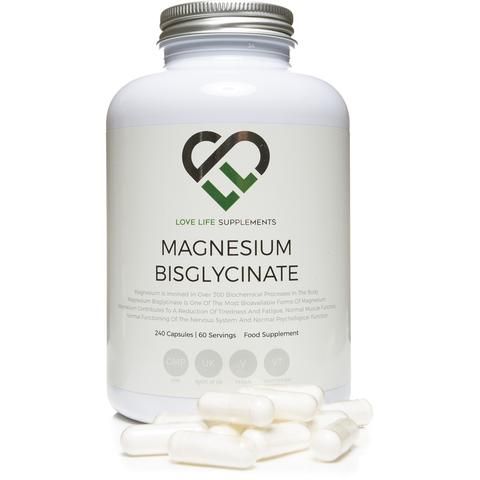 [14] (The factors leading to postpartum anxiety and depression, it should be noted, may differ substantially from the factors that lead to clinical anxiety and depression in the general population.)
[14] (The factors leading to postpartum anxiety and depression, it should be noted, may differ substantially from the factors that lead to clinical anxiety and depression in the general population.)
In any case, getting too much zinc is not a good idea. In fact, far overshooting your Recommended Daily Intake (RDA)[31] can be harmful: in the short term, it can cause nausea[32] and vomiting;[33] in the long term, it can lead to a copper deficiency,[34][35] which may be inversely associated with depression.[24]
Still, while overt zinc deficiency is uncommon in the United States, it isn’t entirely unknown. It has notably been documented in people suffering from malabsorption syndromes — including Crohn’s disease, celiac disease, and short-bowel syndrome.[36] Furthermore, even healthy people can have suboptimal levels — especially the elderly.[37][38] Finally, since zinc is lost through sweat,[18] like magnesium, athletes should take special care of their zinc intake.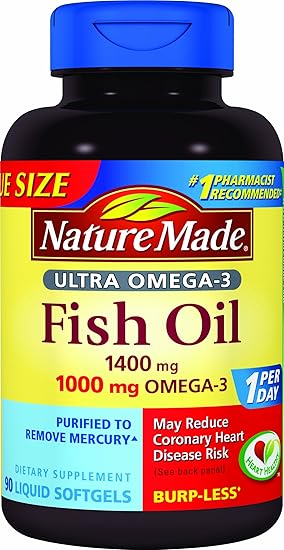 [39]
[39]
Fortunately, zinc-rich foods are not rare. Zinc is mostly found in animal-based foods, but with some planning, vegans can reach their RDAs without resorting to supplementation.
* Adequate Intake (AI)
Low zinc levels are associated with depression. Fortunately, with some planning, you can reach your RDA through foods, even if you’re a vegan. Keep in mind that taking a lot more than your RDA is more likely to harm your health than benefit your mood.
We reviewed the effects of the ever-popular vitamin D on mood in another article. In summary, depression has been associated with vitamin D insufficiency (≤20 ng/mL),[40][41] and vitamin D insufficiency is estimated to affect about half the world’s population,[42][43] including more than 40% of Americans.[44] You can have your vitamin D levels assessed through a 25-hydroxyvitamin D blood test.
However, that depression is associated with vitamin D insufficiency doesn’t mean that vitamin D insufficiency is the cause (or the only cause) of the depression.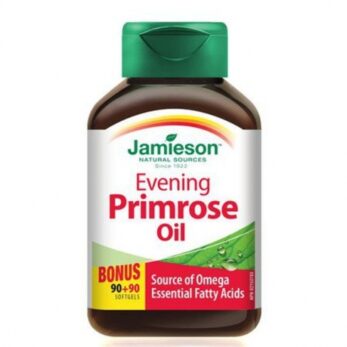 During the winter months, when there is less sun, you might suffer from seasonal affective disorder (SAD),[45] which has been associated both with a decrease in vitamin D production[46] (due to a decrease in exposure to the UVB spectrum of sun rays) and with a decrease in illumination[47][48][49] (a decrease in exposure to the visible spectrum of sun rays).
During the winter months, when there is less sun, you might suffer from seasonal affective disorder (SAD),[45] which has been associated both with a decrease in vitamin D production[46] (due to a decrease in exposure to the UVB spectrum of sun rays) and with a decrease in illumination[47][48][49] (a decrease in exposure to the visible spectrum of sun rays).
Five successive reviews looked at the effects of supplemental vitamin D on mood. The 2015 review found no significant reduction in depression, though its authors didn’t rule out the possibility that supplemental vitamin D could be more effective in people with higher levels of depression or lower levels of vitamin D than seen in most studies. The four other reviews — published in 2014, 2016, 2017, and 2018 — found benefit from supplementation, but three mentioned low methodological quality,[50][40][41] and two mentioned high risk of publication bias[40][41] (of the other two, one found minimal bias[50] and the other failed to account for bias[51]).
In Canada and the United States, the Recommended Daily Allowance (RDA) for vitamin D falls between 400 and 800 IU (International Units).[52] These amounts, which some researchers criticize as inadequate,[53][54][55] can be obtained naturally from only a few food sources, notably fatty fish (such as salmon, tuna, and sardines). However, in Canada and the United States, milk is often fortified with vitamin D.
Since few foods are rich in vitamin D, supplementation is a valid option. Should your blood test show that your vitamin D levels are low, start supplementing with 2,000 IU/day (a number that, based on the available evidence, should provide the best balance of efficacy and safety), then get tested again after a couple of months.
Low levels of vitamin D (found in more than 40% of Americans) have been associated with depression, and there is preliminary evidence that supplementation can help. Among common foods, fatty fish and fortified milk are the most notable source of vitamin D.
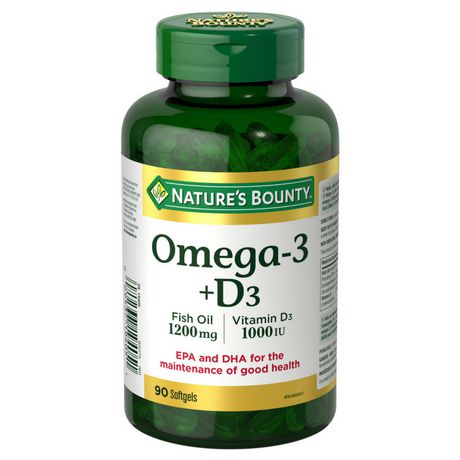
Three large systematic reviews of observational studies and RCTs concluded that fish oil could alleviate clinical depression,[56][57] especially when used to complement standard antidepressant therapies.[58][57]
Some researchers have stressed, however, that the evidence remains weak — maybe due to the different studies using different designs and methodologies, including different combinations and doses of omega-3 fatty acids[58][8] — and that clinical implications should therefore be tempered.[59]
Essential fatty acids (EFAs) are polyunsaturated fatty acids (PUFAs) your body needs and cannot produce. There are only two kinds of EFAs: linoleic acid (LA) and alpha-linolenic acid (ALA). Neither is very active, so your body transforms the former notably into arachidonic acid (AA) and the latter into eicosapentaenoic acid (EPA) and docosahexaenoic acid (DHA).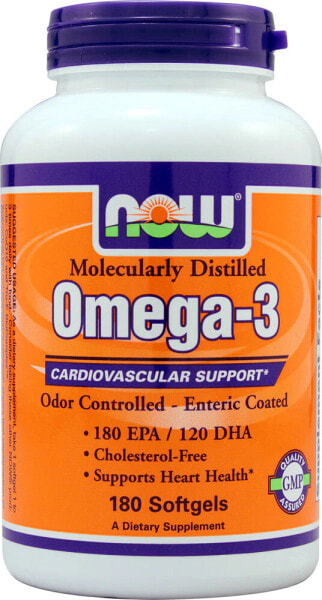 LA and AA are omega-6 fatty acids, while ALA, EPA, and DHA are omega-3 fatty acids. EPA and DHA make up most of the PUFAs in fish oil.
LA and AA are omega-6 fatty acids, while ALA, EPA, and DHA are omega-3 fatty acids. EPA and DHA make up most of the PUFAs in fish oil.
Several mechanisms of action have been posited to explain the antidepressive effect of PUFAs in general, omega-3 fatty acids, EPA specifically, and DHA specifically, [58][8] but on a practical level what stands out is that EPA seems to reduce depression more than DHA does.[8][57]
EPA and DHA are mostly found in seafoods, notably fatty fish (such as salmon, tuna, and sardines). The omega-3 fatty acid in most plant foods is ALA, little of which your body converts to EPA and DHA.[60][61][62][63][64] For vegetarians and vegans, the only rich source of EPA and DHA is algal oil in supplemental form.[60]
Preliminary evidence suggests that EPA and DHA, two omega-3 fatty acids abundant in fish oil, can help alleviate clinical depression, especially when they complement standard antidepressant therapies.
EPA appears to be more effective than DHA.
Tryptophan is an essential amino acid (EAA), which means that your body needs it but cannot synthesize it and so must get it through food. Your body needs you to consume at least 4 mg of tryptophan per kilogram of body weight per day (4 mg/kg/day, so 1.8 mg/lb/day).[65]
Your body uses tryptophan notably to produce serotonin, a neurotransmitter that helps regulate mood.[8][66][67][68][69][70] A study found that healthy participants fed a diet rich in tryptophan had less anxiety, irritability, and depression.[71]
It is worth mentioning that, according to some researchers, the total amount of tryptophan ingested is less important than the ratio of tryptophan to other amino acids competing for the same transporter.[72][73] If they’re right (although there’s currently little evidence in support of their hypothesis) then just eating a protein-rich diet won’t give you all the mood-benefits of trytophan; you’ll have to prioritize tryptophan-rich foods.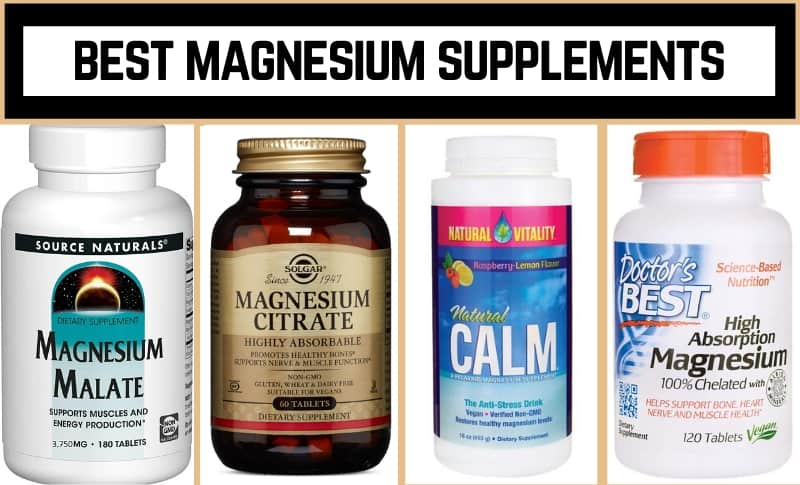
Your body uses tryptophan to produce serotonin, a neurotransmitter known to affect mood. You need to consume at least 4 milligrams of tryptophan per kilogram of body weight per day (so 1.8 mg/lb/day).
A healthy, balanced diet will naturally contain enough magnesium and zinc, two essential minerals likely to affect mood.
Regularly eating fatty fish will provide you with EPA and DHA, two fatty acids that can help alleviate clinical depression. Vegetarians can get their EPA and DHA through conversion of plant fatty acids (though conversion rates can be very low) or through an algal oil supplement.
You can also try selecting foods rich in tryptophan, an amino acid used by your body to produce serotonin, a neurotransmitter known to affect mood.
Finally, if you don’t get enough sun, you might want to consider supplementing with vitamin D.
Feeling down? Click here to read more on supplementing for better mood.
Does It Help? I Psych Central
Fish oil has many physical and mental health benefits, one of which may be to help reduce anxiety for some people.
Anxiety is a part of life. Whether yours is occasional or you have an anxiety disorder diagnosis, you might be looking for a way to reduce its impact.
Omega-3s are essential fatty acids that your body can’t produce, which means they must come from your diet. The main source of biologically active omega-3s is fish or fish oil supplements.
Fish oil is an extract of fat or oil from the tissue of fish. It’s usually from oily fish, such as:
- tuna
- herring
- trout
- sardines
- mackerel
Cod liver oil is an example of oil sourced from fish liver.
Fish oil is extracted by a cooking, pressing, and purification process. The fatty acid composition can vary depending on the time of year and the type of fish used.
Fish oil is a dietary source of two important omega-3 fatty acids:
- docosahexaenoic (DHA)
- eicosapentaenoic acid (EPA)
The third omega-3 fatty acid is alpha-linolenic acid (ALA). It’s found in plant sources such as nuts and seeds and must be converted to DHA or EPA before providing any benefit other than energy.
It’s found in plant sources such as nuts and seeds and must be converted to DHA or EPA before providing any benefit other than energy.
There’s some evidence that fish oil’s omega-3 polyunsaturated fatty acids (PUFAs) might improve anxiety symptoms.
A 2018 review of 19 clinical trials found that fish oil may reduce anxiety. The people who received omega-3 PUFA treatment experienced less anxiety than control groups.
The omega-3 PUFA treatment benefited those with anxiety disorders than those without diagnoses.
The dose that helped the most was at least 2,000 mg per day. Lower doses didn’t have as much effect.
A 2011 study involving 68 medical students also showed the potential for PUFAs to reduce anxiety. Students who received 2,500 mg of omega-3 per day experienced a 20% reduction in their anxiety symptoms.
However, it was not clear in this study whether any of the students had been diagnosed with anxiety.
However, a 2019 review indicates that PUFAs may not improve conditions such as anxiety or depression.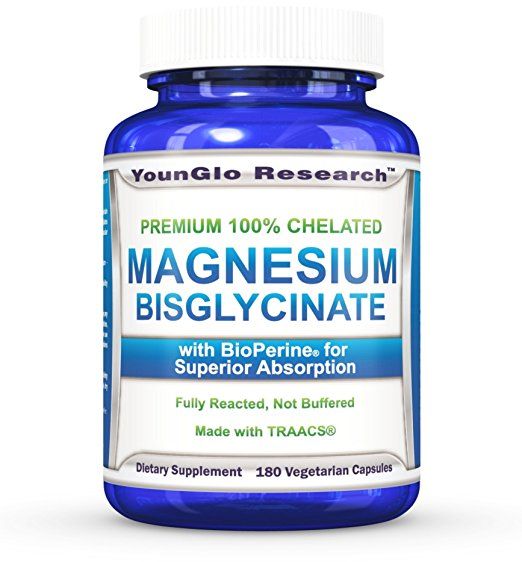 The doses given were lower than in other studies, which may account for the negative results.
The doses given were lower than in other studies, which may account for the negative results.
There isn’t enough evidence to support replacing antidepressant or mood stabilizer medication with omega-3 fatty acids, according to the Royal College of Psychiatrists. However, fish oil may help when used in combination with medication.
Brain levels of DHA impact important processes such as glucose utilization and neurotransmission.
In other words, without the right amount of DHA, your brain is low on fuel and doesn’t send messages as well as it should.
This can cause issues with memory, learning, and anxiety. But regularly eating fish or taking a fish oil supplement may reverse these effects.
A 2015 study using mouse lemurs found that adding omega-3 PUFAs to their diet increased their performance in maze tests and reduced their signs of anxiety.
Another 2015 study suggests that DHA and EPA supplementation might ease anxiety by restoring gut microbiota. This is thanks to the gut-brain axis, which is two-way communication between your brain and spinal cord (central nervous system) and the neural circuits in your gastrointestinal tract (enteric nervous system).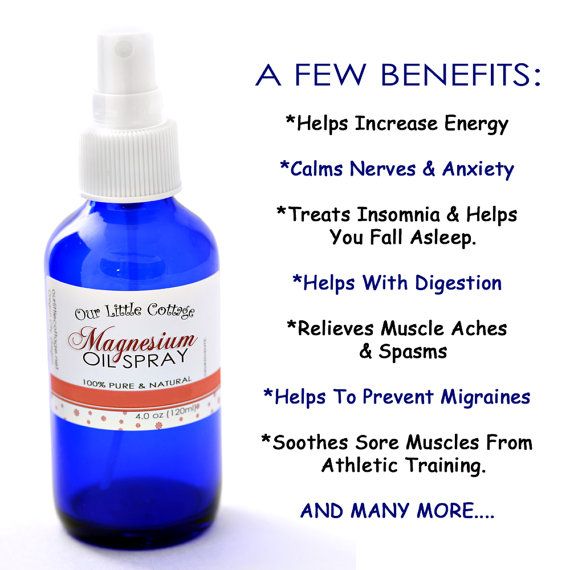
The fatty acids from fish oil end up in your blood and cells, where they perform several important functions. They’re a source of energy and contribute to both structure and function of various tissue types.
DHA plays a key role in brain and eye development. It also affects mental health.
A 2020 literature review points to a connection between a low intake of omega-3s and:
- attention deficit hyperactivity disorder (ADHD)
- autism
- bipolar disorder
- depression
- suicidal ideation
DHA has an important impact because of the way it affects the function and fluidity of cell membranes, which:
- protect cell contents
- transfer in nutrients
- transfer out wastes
As well as easing mental health symptoms, the PUFAs in fish oil may support your health in other ways.
- Heart health: A 2018 study found that omega-3 fatty acids can lower heart rate, which may have a protective effect against heart disease.
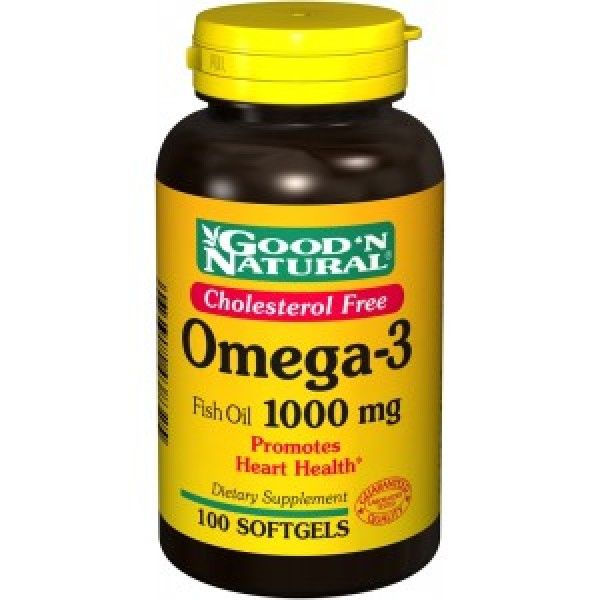 High doses of omega-3 fatty acids can also lower the levels of triglycerides, a fat that can increase the chance of heart disease when blood levels are too high.
High doses of omega-3 fatty acids can also lower the levels of triglycerides, a fat that can increase the chance of heart disease when blood levels are too high. - Reduced inflammation: The effects of DHA and EPA on cell membranes can reduce inflammation, according to a 2017 study.
- Weight loss: A 2018 study indicates that while fish oil supplementation has not yet shown benefits in terms of weight loss, it might improve the metabolic profile of people who are overweight or have obesity.
- Skin health: Fish oil fatty acids may improve the skin’s role as a barrier, plus reduce inflammation, and speed up healing.
- Pregnancy support: DHA supplementation in pregnancy may have multiple benefits, including preventing preterm labor and supporting the baby’s brain development. A 2016 study involving pregnant mothers and 695 of their children found that those who were exposed to fish oil supplementation in the third trimester had a reduced chance of asthma.
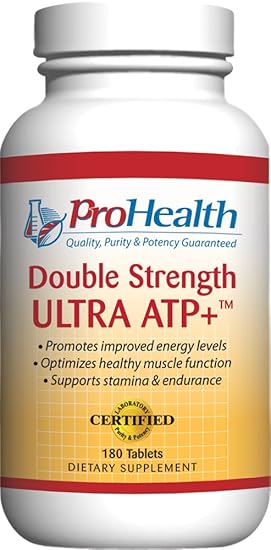
- Bone health: A 2019 study indicates that DHA and EPA may protect against age-related bone loss by reducing the inflammation that causes some bone cells to be absorbed by the circulatory system.
- Rheumatoid arthritis (RA): Omega-3 supplements may reduce symptoms of RA.
Sometimes eating fish produces more health benefits than taking a fish oil supplement. Possible reasons for this include:
- Seafood may have other beneficial nutrients that are missing in fish oil supplements.
- Benefits from seafood might be because it’s replacing less healthy food.
- Evidence suggests that healthier lifestyles are associated with a seafood diet.
However, if you don’t get enough omega-3 fatty acids in your diet, you may be able to make up the difference with a fish oil supplement.
A word of caution
Health status varies by individual, so it’s advisable to speak with a professional before starting a new supplement regimen.
Supplements may have side effects or unwanted interactions with medications.
In addition, the quality and potency of commercially available supplements can vary greatly.
There are a few simple ways to get the best out of your fish oil supplement:
- Take fish oil with food to help it absorb into the body.
- Reduce acid reflux by splitting your daily dose into two smaller portions.
- Take it at the same time or times each day.
It doesn’t matter what time of day you take your supplement because the benefits of fish oil don’t happen right away. Instead, it may take several weeks for the DHA and EPA to accumulate before they take effect.
Fish oil is generally considered safe. When side effects occur, they’re usually mild. These can include:
- headache
- bad breath
- unpleasant taste
- heartburn
- diarrhea
- nausea
However, there are some things to be aware of before trying this supplement.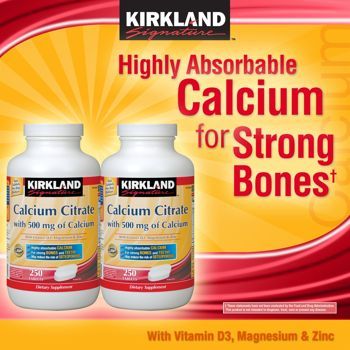
Fish oil may reduce blood clotting. For this reason, it’s a good idea to check with a doctor before using fish oil if:
- you’re on blood-thinner medication, such as warfarin (Jantoven, Coumadin)
- you use a nonsteroidal anti-inflammatory medication
- you have surgery scheduled
Longer bleeding time may occur at doses ranging from 2 to 15 grams per day, according to the National Institutes of Health (NIH).
Daily doses of 900 mg of EPA or more and 600 mg of DHA or more taken over several weeks may weaken your immune system. This is because of the way high doses can suppress inflammation.
People with allergies to fish or shellfish may not be able to use fish oil.
Fish liver oil contains vitamins A and D along with omega-3 fatty acids. It’s crucial to monitor your total intake of these vitamins while taking fish liver oil because large doses can be toxic.
Taking high doses of omega-3 fatty acids may increase the chance of a heart condition called atrial fibrillation. Data from four trials revealed that a daily dose of 4 grams of omega-3s nearly doubled the occurrence of atrial fibrillation, according to a 2021 article.
Data from four trials revealed that a daily dose of 4 grams of omega-3s nearly doubled the occurrence of atrial fibrillation, according to a 2021 article.
On rare occasions, supplements and medications can have the opposite of their intended effect, and fish oil is no exception.
An example is outlined in a 2015 case report featuring a 54-year-old male who experienced worsening anxiety while using fish oil. He successfully managed depression using a combination of medication, psychotherapy, and fish oil. Still, He developed new anxiety over time that coincided with fish oil doses and disappeared when he stopped taking the omega-3 supplement.
Fish oil is an extract from the tissues of fatty fish and sometimes the liver of other fish such as cod. It contains two important omega-3 polyunsaturated fatty acids: DHA and EPA.
DHA and EPA are essential, which means your body can’t make them. Instead, you get them from dietary sources such as fish or fish oil supplements.
Omega-3 is one of the fatty acids your cells need for cell membrane structure and function. This means that adequate dietary intake of DHA and EPA is crucial in many ways.
Fish oil may help ease symptoms of anxiety. But not all natural remedies work for everyone.
If you’re looking for a natural remedy or additional treatment for anxiety, consider speaking with a healthcare or mental health professional to determine what is best for you and your symptoms.
What to drink if everything infuriates? Five legal remedies that will help you find Zen
How it works: B vitamins are like a soft pillow for the nervous system. If you live in a mode of lack of sleep and stress, vitamin B (especially B6) neutralizes hysterical states, relieves anxiety and stress, and improves thought processes. It will also have a beneficial effect on blood pressure, the fluctuations of which often accompany stress.
Tension of the nervous system leads to malfunction of many body functions.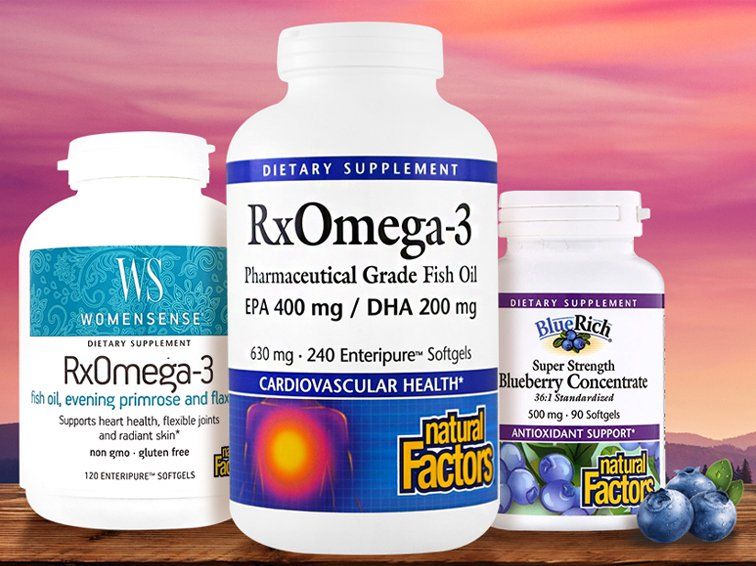 Including problems with the skin, nails, hair. B vitamins are also called “beauty vitamins”: they are able to “remove” irritation and itching, a feeling of tight skin, and have a general rejuvenating effect.
Including problems with the skin, nails, hair. B vitamins are also called “beauty vitamins”: they are able to “remove” irritation and itching, a feeling of tight skin, and have a general rejuvenating effect.
How to take: courses, as prescribed by a doctor. It is better to start the course in advance if you know that work, emergency work and stress are coming soon.
How it works: don't wince! First, fish oil has long been made in capsules, which neutralizes its taste (for those who hate it since childhood). Secondly, fish oil is a unique, affordable, over-the-counter remedy that will turn you back from a “bunch of nerves” into a person.
- See also: 15 vitamins with a high but justified price tag. Should I take it?
Fish oil is obtained from cod, mackerel, herring. The “magic ingredient” in it is Omega-3 polyunsaturated fatty acids. The body is not able to produce them on its own, but they are vital to it: for normal metabolic processes, the work of the heart and blood vessels, immunity and calmness of the nervous system.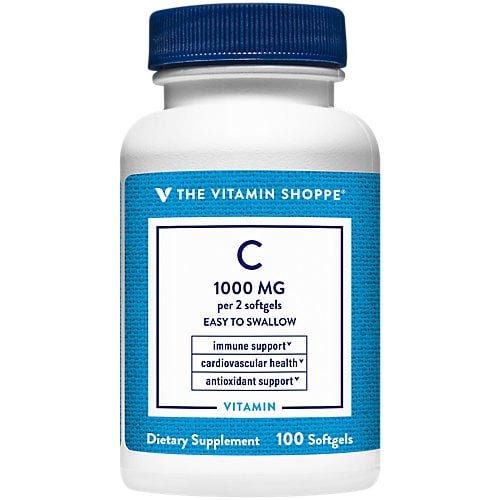 In addition, fish oil is rich in zinc, iron, phosphorus, vitamins A and D. They are our protection against stress and disorders.
In addition, fish oil is rich in zinc, iron, phosphorus, vitamins A and D. They are our protection against stress and disorders.
How to take: daily as a prophylactic (if there are no contraindications).
How it works: ask the applicants who crowd around the building of the university on the days of the entrance exams - every second will say that his mother gives him "glycine" for the brain and nerves.
Glycine increases mental performance, eliminates depressive disorders and irritability. The tablets also contain vitamins B1, B2, and B6.
- You may also be interested in: Medicines and tips for sessions and deadlines
How to take: during periods of stress, working deadlines as a supportive tool.
How it works: in the indications for the use of "Novo-Passit" says that he is struggling with the "manager's syndrome" - constant mental stress, the inability to distract and relax. As part of these funds - extracts of valerian, St. John's wort, lemon balm, hawthorn. Before pills were invented, people were forced to collect and dry these herbs themselves, and then brew them and drink them as a sedative. Modern medicine has simplified this process.
As part of these funds - extracts of valerian, St. John's wort, lemon balm, hawthorn. Before pills were invented, people were forced to collect and dry these herbs themselves, and then brew them and drink them as a sedative. Modern medicine has simplified this process.
- How does medicine respond to remote work? Read: Remote work kills: 10 threats to your health when working from home Take at peak moments of stress, when it seems that there is no more strength to endure it.
How it works: The active ingredient in this drug is the hormone melatonin, which regulates sleep and wake cycles. Stress “shatters” the nervous system and often leads to problems with falling asleep: you lie in bed for hours, sorting out tomorrow’s affairs in your head. Melatonin solves this problem. At the same time, it does not inhibit the production of the natural sleep hormone.
How to take: for sleep problems - long falling asleep, restless sleep with frequent awakenings.

Important: pharmacy products are not a panacea! What will help solve the problem, not mask it?
Doctor , general surgeon, specialist in sports and medical medicine, Alexander Mudretsov answers:
“Means from this list can only correct the state of the nervous system, but they are not a panacea. The best medicine that will bring back love for people - unless we are talking about a specific mental illness - will be a regime, 8 hours of sleep, walks in the fresh air and sports. In addition, planning will help in the fight against stress. Often stress happens due to the fact that a person put off solving things for later: once they fell down at one moment and caused an overstrain. Such situations should be avoided."
See also:12 essential medicines for the elderly. Check if your relatives have them in the first aid kit
From pads to contraceptives: 5 products for women that are awkward to go to the pharmacy
You need them too: irrigator, nebulizer, massager and 7 more medical devices, must have for everyone
instructions for use, home delivery
Features
Storage conditions Keep out of reach of children
Protected from the sun
Dry
Room temperatureExpiration date 24 Maximum allowable storage temperature, °С 25 Release form Capsules Minimum allowable storage temperature, °С 15 Country of origin Russia Application Health food Effect of the drug Fish oil Pack quantity 100 pcs Description
PUFA, which contains children's fish oil, are necessary for the brain and vision that fish is the food of "geniuses" has a completely scientific basis.
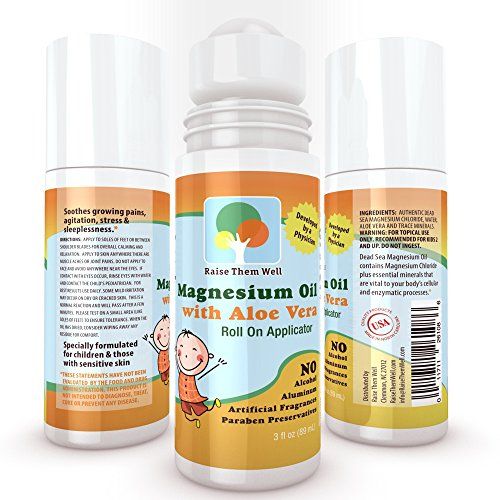 It has been established that docosahexaenoic acid C 22:6 omega - 3 (DHA), contained in fish oil, is a key building block of the cell membranes of the brain and retina. DHA can enter the child's body both directly from fish oil, and as a result of metabolic transformations of other PUFAs contained in fish oil, linolenic C 18:3 omega-3 and eicosapentaenoic C 20:5 omega-3 acids. More than a third of all PUFAs contained in the dietary supplement "Children's fish oil" is docosahexaenoic acid C 22:6 omega-3 (DHA). Omega-3 fatty acids help increase concentration and improve memory. This is evidenced by numerous studies undertaken in the study of Attention deficit/hyperactivity disorder ADHD (in the English literature - Attention deficit/hyperactivity disorder - ADHD). ADHD is characterized by such phenomena as hyperactivity, impulsivity, restlessness, temper tantrums, and sleep disturbances. If you observe these symptoms in your child, consult your doctor immediately. Richardson AJ, Montgomery P.
It has been established that docosahexaenoic acid C 22:6 omega - 3 (DHA), contained in fish oil, is a key building block of the cell membranes of the brain and retina. DHA can enter the child's body both directly from fish oil, and as a result of metabolic transformations of other PUFAs contained in fish oil, linolenic C 18:3 omega-3 and eicosapentaenoic C 20:5 omega-3 acids. More than a third of all PUFAs contained in the dietary supplement "Children's fish oil" is docosahexaenoic acid C 22:6 omega-3 (DHA). Omega-3 fatty acids help increase concentration and improve memory. This is evidenced by numerous studies undertaken in the study of Attention deficit/hyperactivity disorder ADHD (in the English literature - Attention deficit/hyperactivity disorder - ADHD). ADHD is characterized by such phenomena as hyperactivity, impulsivity, restlessness, temper tantrums, and sleep disturbances. If you observe these symptoms in your child, consult your doctor immediately. Richardson AJ, Montgomery P.